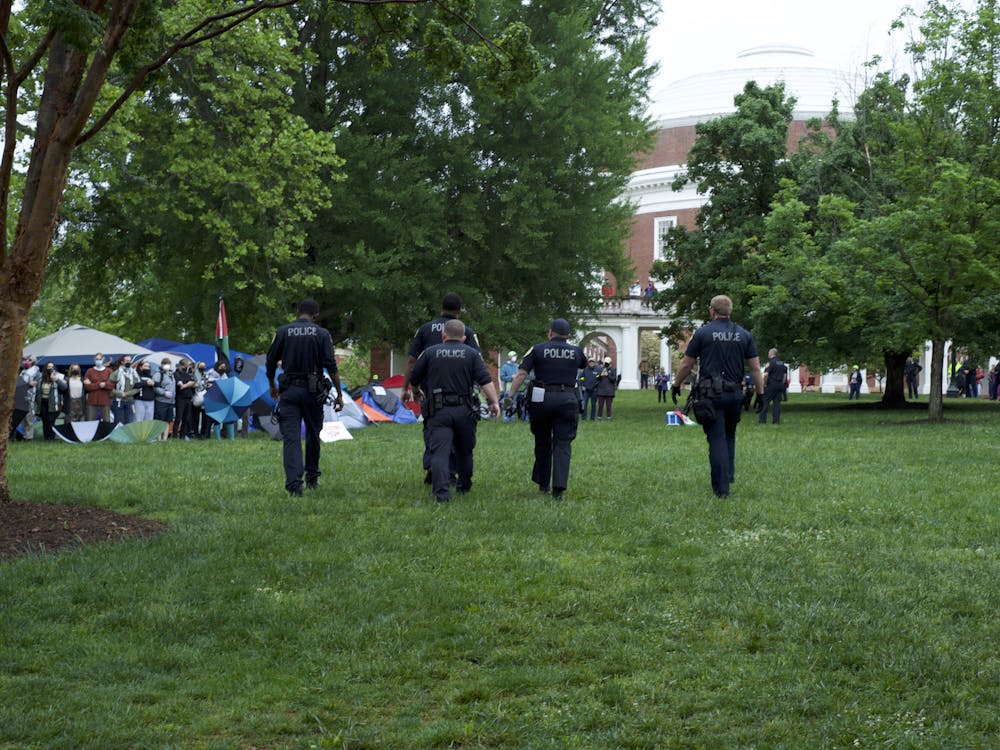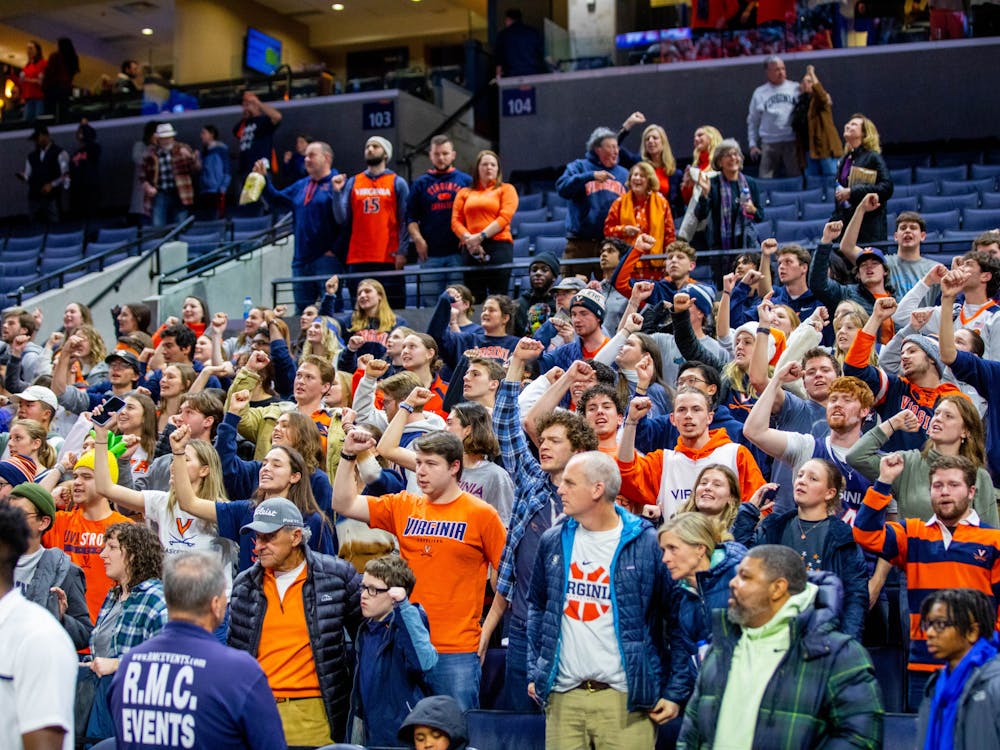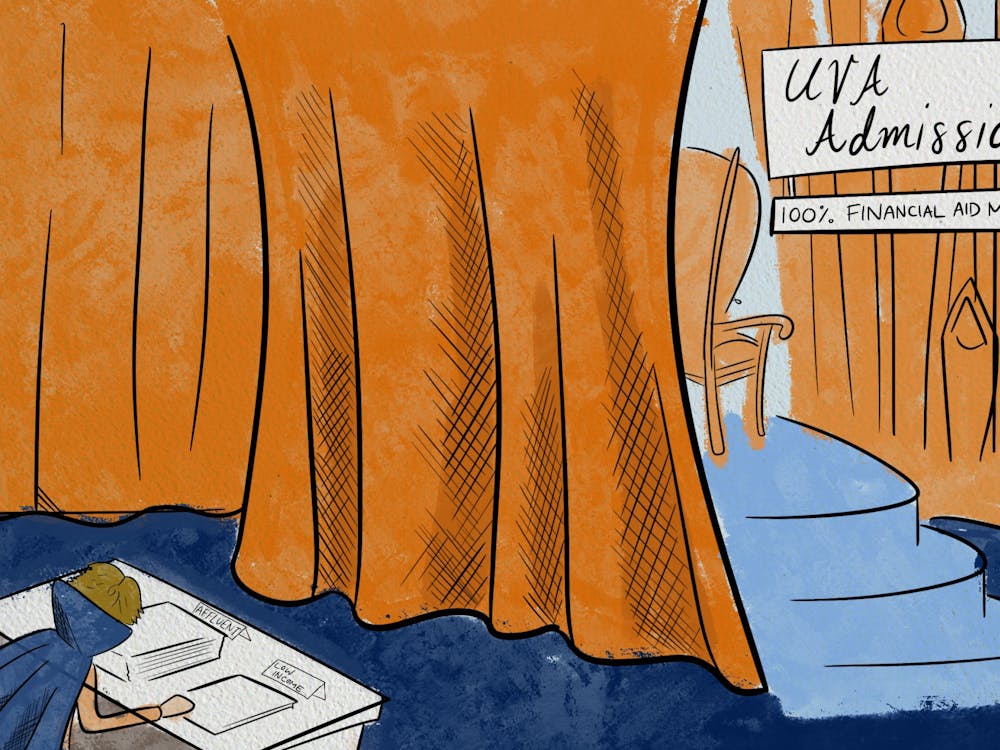The Day of Dialogue may have ended Friday, but the discussions about the issues at hand should not.
The event, which came in the wake of Yeardley Love's murder last May, appears to have been successful in drawing attention to the University community's strengths, shortcomings and each of our individual responsibilities. The discussions appear to have been particularly fruitful in that faculty and staff members were not distinguished by title, allowing everyone's opinions to carry equal weight and better the flow of conversation. It also helped put participants at ease to discuss difficult subjects candidly.
Attendance for the event was voluntary, requiring students to register four days in advance if they wished to participate. It would be a logistical nightmare for the program to cater to the entire University community during its first year, and mandating attendance could lessen the quality of discussion - it could be argued that these conversations are more meaningful when everyone in attendance truly wants to be there. But a voluntary system does suffer from something of a self-selection problem. Perhaps the individuals who could benefit most from dialogue about the state of our University community, and how to combat the problems within it, are those students least likely to participate in the event.
One possible answer to this concern would be to include these types of discussions in one of the mandatory events for first-year students during Move-In Weekend, which could accompany annual events like Grounds for Discussion. The drawback is that this approach would add to the abundance of information thrown at new students when they first arrive on Grounds. Such an event or events, however, also could be incorporated into programming that occurs later during a student's first year. Ideally, such discussions would be more valuable if they were recurring and took place multiple times throughout a student's stay at the University. But it becomes more difficult to plan mandatory programming past a student's first year, after which many students move off Grounds.
In essence, Day of Dialogue is something the University community could have benefited from in the past. The nature of tragedy is such that can induce positive changes in a community, but only if leaders make a sustained effort to bring out change and if most individuals buy into it. The day ""not intended to be a day for solutions, but for questions that will keep us talking. Solutions will come later," wrote University President Teresa A. Sullivan in a University-wide e-mail. But for solutions to come to fruition, the issues must continue to be explored among students, faculty and staff.
The University should not treat the Day of Dialogue as a one-time event; the work should not end here. Rather, the discussions that followed need to be continued with future generations of University students, long after those students who remember the past year's tragedies have graduated. In a community that is ever-changing, in which the collective undergraduate memory spans only four years, this kind of long-term approach to fostering a culture of awareness, empathy and attentiveness is the only way to move forward.




